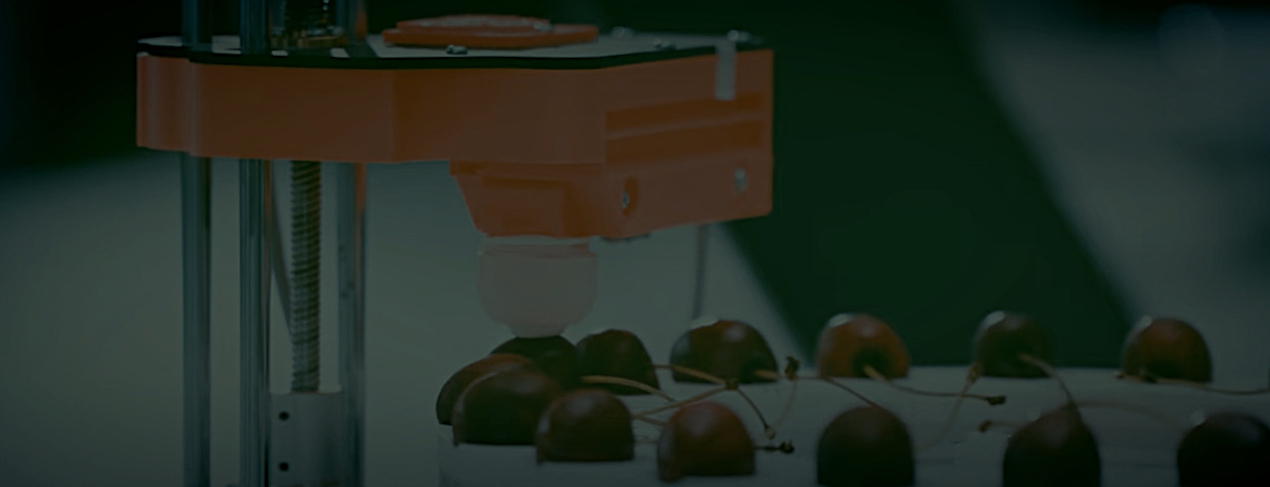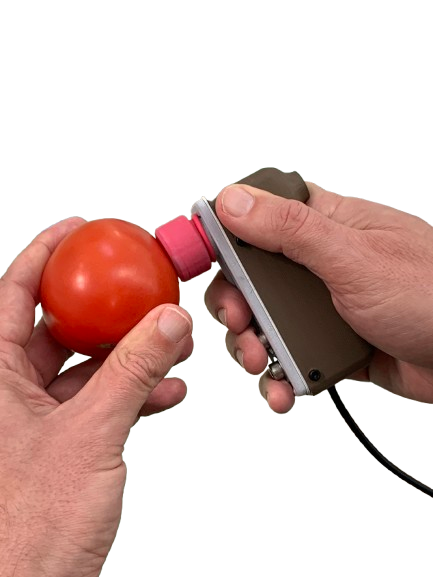
Leading the Way in Texture, Firmness, and Color Measurement

Common Texture Testing Methods
Texture analysis refers to the scientific measurement of a product’s physical properties under various forces to understand its behavior and characteristics. Texture analyzers (or texturometers) simulate user interactions with a product such as pressing, pulling, bending, or breaking to assess how these interactions affect the product’s structure and sensory experience.
We offer high-precision instruments for texture measurement, tailored for sectors such as food, agriculture, pharmaceuticals, and R&D. Our texture analyzers provide comprehensive analysis of physical properties, ensuring reliable results for quality control, product development, and scientific research.
Evaluates a material's ability to withstand compressive forces and its capacity to recover once the force is released. Used to measure crush resistance and resilience.
Determines surface firmness and depth resistance, ideal for testing the exterior integrity of fruits and vegetables.
Measures a sample’s shape change under load, checking for both permanent deformation and recovery after the load is removed.
Measures elasticity and tensile strength by stretching the material axially, providing results such as Young’s Modulus.

Firmness is a key texture attribute, especially for products such as fruits, vegetables, and other soft materials. AGROSTA uses the Durofel scale, based on the Shore A standard, to measure firmness from 0 (very soft) to 100 (very firm). The Durofel method is highly regarded for its precision and has been the focus of multiple studies.
These publications showcase AGROSTA’s commitment to providing reliable, industry-standard instruments for firmness testing, empowering researchers, agriculturalists, and quality control teams with precision tools that support their work in agriculture, R&D, and food quality assurance.
A Durofel firmness tester is a specialized device used to measure the firmness of soft fruits, vegetables, and other delicate products. It operates on the Durofel scale, which ranges from 0 (very soft) to 100 (very firm), providing an objective measurement of firmness that’s especially useful for quality control, postharvest assessments, and research. Simply place the fruit or vegetable on the tester’s platform, and the device records the firmness level accurately.
By providing consistent firmness measurements, Durofel testing helps producers assess ripeness, determine ideal harvest times, and monitor texture quality. This supports overall quality control by reducing spoilage, ensuring product consistency, and meeting consumer preferences for texture.
To convert firmness values from Durofel units to Newtons, you can use the following formula:
N=9.8×exp((Durofel value−59.32)/14.89)
This formula (from Polenta et al., 2005) provides a precise way to quantify firmness in Newtons, allowing for a standardized measurement of resistance to mechanical force in fruits and vegetables.
durability and precision in mind
AGROSTA instruments are designed with durability and precision in mind. The main body of each device is crafted from PLA plastic reinforced with micro carbon fibers, providing both strength and rigidity, while also lending the instruments their distinctive brown color.
This choice of materials allows AGROSTA to maintain high-quality standards, making our instruments both lightweight and reliable for continuous testing.
See our Rose Fruit Texture Analyzer in action – a versatile device designed to measure firmness and texture through both penetrometry for crisp fruits and deflection testing for softer produce. Rose is equipped with a touchscreen, Bluetooth connectivity, and can store up to 50 batches of data.
Our Newsletter
Stay informed with updates on our latest devices and innovations

